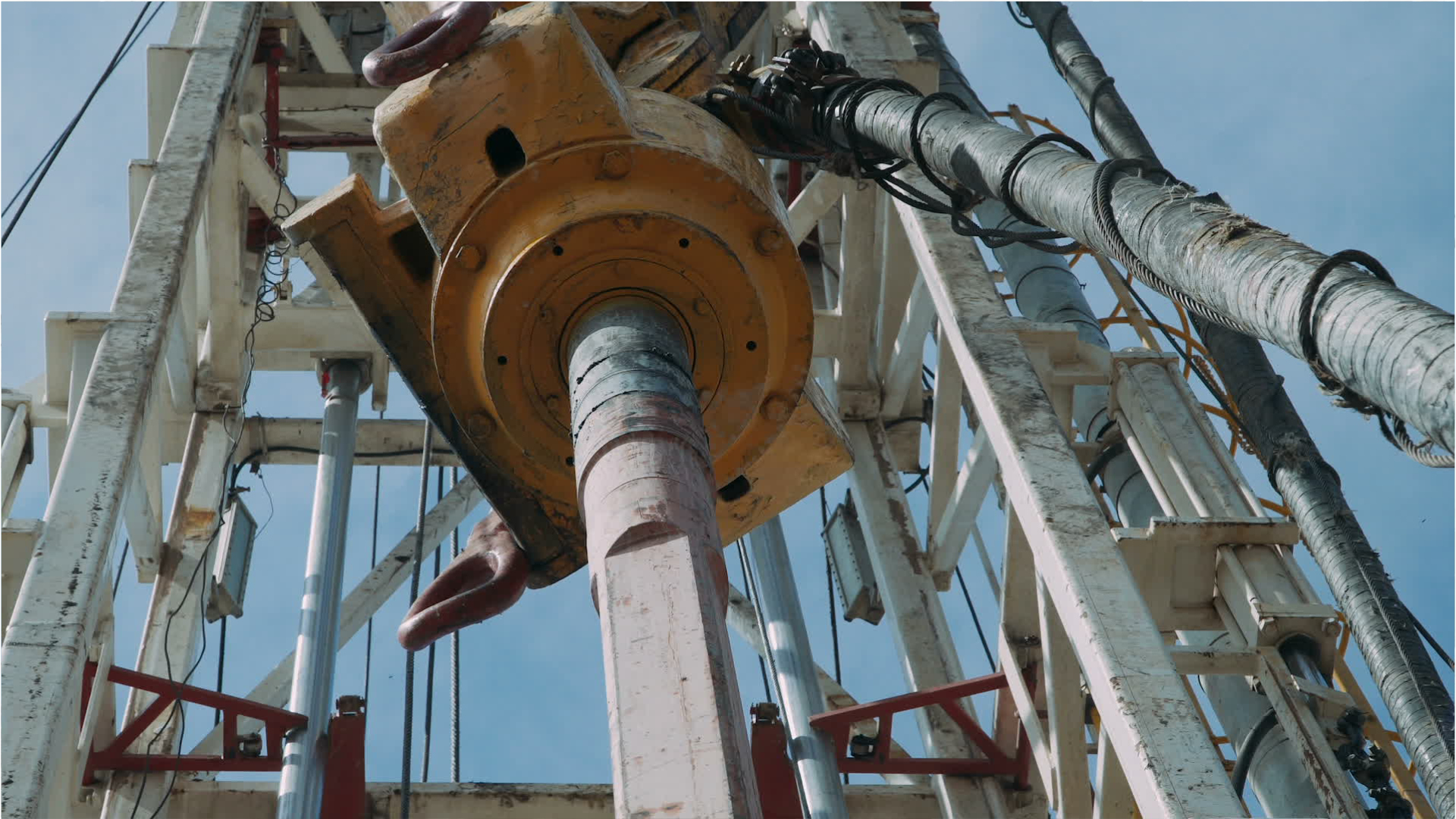Rotary Drill Operators, Oil & Gas
Daylight Driller, Drill Operator, Driller, Tool Pusher
What they do:
Set up or operate a variety of drills to remove underground oil and gas, or remove core samples for testing during oil and gas exploration.
On the job, you would:
- Train crews, and introduce procedures to make drill work more safe and effective.
- Observe pressure gauge and move throttles and levers to control the speed of rotary tables, and to regulate pressure of tools at bottoms of boreholes.
- Count sections of drill rod to determine depths of boreholes.
Knowledge
Engineering and Technology
- mechanical
Math and Science
- arithmetic, algebra, geometry, calculus, or statistics
Business
- management
- human resources (HR)
Education and Training
- teaching and course design
Skills
Basic Skills
- thinking about the pros and cons of different ways to solve a problem
- keeping track of how well people and/or groups are doing in order to make improvements
Problem Solving
- noticing a problem and figuring out the best way to solve it
Abilities
Hand and Finger Use
- hold or move items with your hands
- keep your arm or hand steady
Controlled Movement
- quickly change the controls of a machine, car, truck or boat
- use your arms and/or legs together while sitting, standing, or lying down
Verbal
- communicate by speaking
- listen and understand what people say
Ideas and Logic
- notice when problems happen
Personality
People interested in this work like activities that include practical, hands-on problems and solutions.
They do well at jobs that need:
- Dependability
- Attention to Detail
- Leadership
- Cooperation
- Initiative
- Stress Tolerance
Technology
You might use software like this on the job:
Spreadsheet software
- Microsoft Excel
Data base user interface and query software
- Pason WellView Field Solution
- Structure query language SQL
Industrial control software
- CAPSHER Technology SureTec
- Drillingsoftware DrillPro
Education
Education: (rated 2 of 5)
no high school diploma/GED or
high school diploma/GED
usually needed
high school diploma/GED
usually needed
Job Outlook
Below Average
New job opportunities are less likely in the future.
Explore More
- Earth Drillers
- Helpers--Extraction Workers
- Roustabouts, Oil & Gas
- Service Unit Operators, Oil & Gas
- Wellhead Pumpers
You might like a career in one of these industries:
See more details at O*NET OnLine about rotary drill operators, oil and gas.





